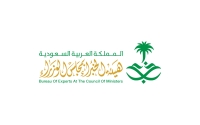
The Law of Disposition of Municipal Real Estate has prescribed the controls for the disposition of municipal public funds and determined that they are not subject to disposition. However, they may, subject to the laws and regulations, be licensed for utilization, at no cost or for a fee, in a manner that does not conflict with their designated purposes. The second article of the Law of Disposition of Municipal Real Estate stipulated that, subject to the law and its regulations, municipalities m...
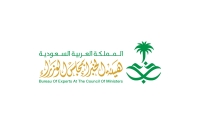
The Law of Ministers, Vice Ministers, and Grade Excellent Employees comprises a set of procedures concerning ministers, vice ministers, and grade Excellent employees in the Kingdom of Saudi Arabia . It was issued by a Royal Decree on May 13, 1971, and a Council of Ministers ' resolution on May 12, 1971. Contents of the Law of Ministers, Vice Ministers, and Grade Excellent Employees The Law of Ministers, Vice Ministers, and Grade Excellent Employees consists of seven articles, three of whic...

The Law of National Center of Documents and Archives represents the set of rules and laws regulating the National Center for Archives and Records (NCAR) and determining its objectives, powers, and mandate. The law was issued on May 28, 1989. NCAR mandate Pursuant to the law, NCAR reports to the Office of the Presidency of the Council of Ministers . NCAR aims to implement the Archives Law. Toward this end, it should use all possible means, namely to draft a unified classification guide for archi...
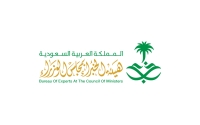
The Health Law in the Kingdom of Saudi Arabia is a law aimed at ensuring the provision and regulation of comprehensive and integrated healthcare for all Saudi residents in a fair and accessible manner. Beginnings of the Health Law in Saudi Arabia The Health Law was issued on June 4, 2002, by a Royal Decree. The law comprises nineteen articles, of which some were amended later by Royal Decrees and the Council of Ministers ' resolutions. The effective onset of providing healthcare services c...
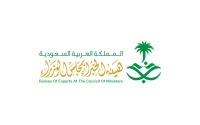
The Law of Allotment of Uncultivated Land in the Kingdom of Saudi Arabia is the set of legal rules governing lands designated by a resolution from the Council of Ministers , subject to specific conditions outlined in the Law of Allotment of Uncultivated Land. The law outlines the process for allotting uncultivated lands in the Kingdom. It specifies how these lands will be assessed and allocated, as well as the authority responsible for inspecting them to ensure compliance with the provisions of...
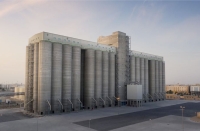
The Flour Milling Law in the Kingdom of Saudi Arabia is a set of rules governing the establishment and operation of flour mills in Saudi Arabia. The law was issued on May 2, 2018. Licenses for establishing and operating flour mills The Flour Milling Law stipulates that flour mills must be established or operated by joint-stock companies after obtaining a license from the General Food Security Authority . This license is issued by a decision of the authority’s Board of Directors, following app...
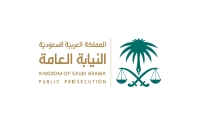
The Anti-Financial Fraud and Deceit Law prescribes sanctions for financial fraud and deceit in the Kingdom of Saudi Arabia. Relevant crimes include defalcation, incitement, and crime perpetration. The Anti-Financial Fraud and Deceit Law was promulgated pursuant to a Royal Decree issued on April 22, 2022, and a Council of Ministers resolution issued on April 20, 2022. It consists of eleven articles. It vested upon the Public Prosecution the authority to investigate and prosecute relevant crimes ...
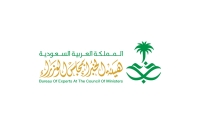
The Law of the Use of Security Surveillance Cameras in the Kingdom of Saudi Arabia is a set of rules governing the use of security surveillance cameras in the Kingdom. These cameras, which can be fixed or mobile, are designed to capture moving images. However, the law does not apply to cameras inside private residential units and complexes. Issuance of the Law of the Use of Security Surveillance Cameras The Law of the Use of Security Surveillance Cameras was issued by Royal Decree on October 3,...
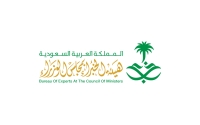
The Anti-Commercial Fraud Law in the Kingdom of Saudi Arabia is a regulatory framework designed to combat commercial fraud and product deception within the Kingdom. The law outlines the penalties for violators and designates the entities responsible for detecting commercial fraud. Date of issuance of the Anti-Commercial Fraud Law in Saudi Arabia The Anti-Commercial Fraud Law in the Kingdom was issued by Royal Decree on April 29, 2008, and by resolution of the Saudi Council of Ministers No. 119 ...
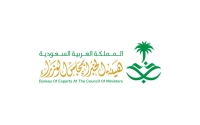
The Law of Commercial Data in the Kingdom of Saudi Arabia is a legal framework governing the regulation of commercial data within the Kingdom. It outlines the conditions for managing such data, permissible content, and penalties for non-compliance. This law was issued in 2002. Commercial data The Saudi Commercial Data Law defines commercial data as any explanation that relates directly or indirectly to the number, quantity, size, capacity, weight, price, production date, expiration date, the en...
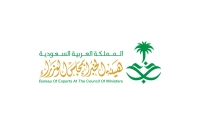
The Anti-Harassment Law in the Kingdom of Saudi Arabia is a set of legal rules addressing the crime of harassment, its penalties, and the procedures for prosecuting those suspected of the crime. The law, originally issued on May 31, 2018, included eight articles. In 2021, a new paragraph, numbered three, was added to Article Six. This addition focuses on preventing harassment, addressing the crime, imposing penalties on perpetrators, and safeguarding victims by protecting their privacy, dignity...
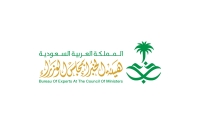
The Anti-Begging Law in the Kingdom of Saudi Arabia is a law that addresses the issue of begging in the Kingdom. It was issued on September 16, 2021, and consists of ten articles that define begging, outline the penalties imposed on beggars, and mandate the confiscation of the money obtained through begging. The Anti-Begging Law is enforced by three authorized government entities: the Ministry of Human Resources and Social Development, which serves as the primary authority; the Ministry of Inte...